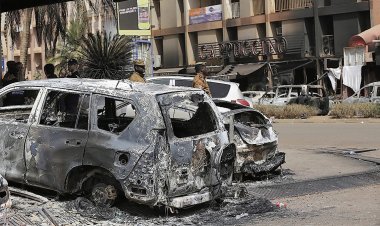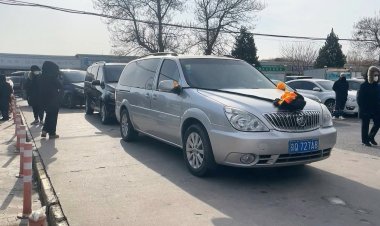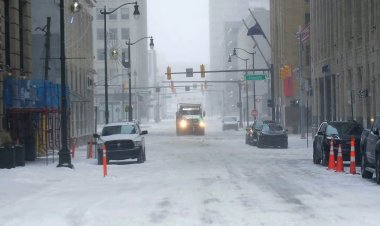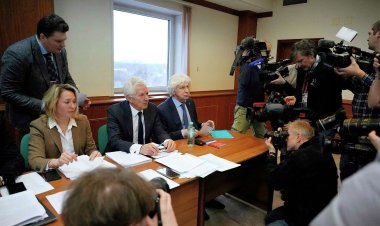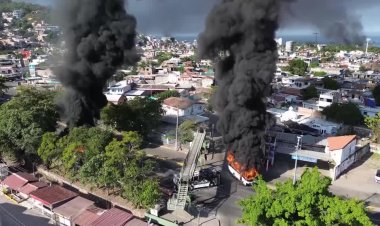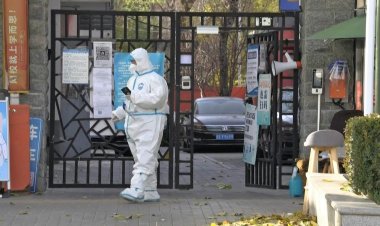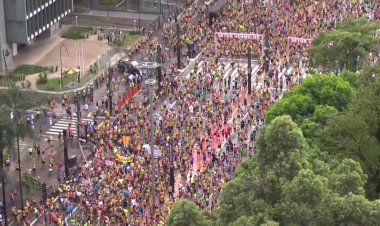Iraq's Mosul healing slowly, five years after IS defeat
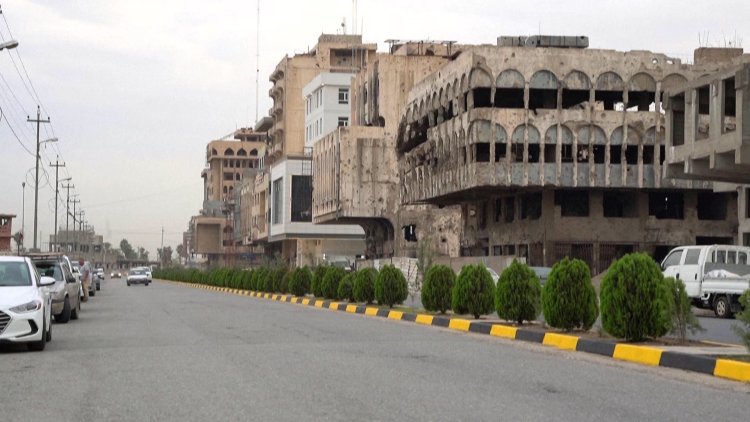
Five years after it emerged from the Islamic State group's jihadist rule, Iraq's once thriving cultural centre of Mosul has regained a semblance of normalcy despite sluggish reconstruction efforts.
However, like in much of oil-rich but war-ravaged Iraq, ramshackle public services and deep economic difficulties continue to hamper people's daily lives.
Iraqi forces with the help of a US-led coalition wrested back Mosul in July 2017 after gruelling street fighting, and Iraq claimed victory over IS on December 9 that year.
Signs of reconstruction dot the city of 1.5 million, with workers constructing a new bridge, and cafes and restaurants buzzing.
But many buildings and public hospitals are still in ruins, and in the Old City, some areas are still just piles of rubble.
Mosul, Iraq's second city, has historically been among the Arab world's most culturally significant settlements -- a hub for trade and home to mosques, churches, shrines, tombs and libraries.
Today, in the wider Nineveh province, a third of people are estimated to be unemployed and 40 percent live in poverty, according to local authorities.
The Norwegian Refugee Council, which has provided aid to some 100,000 Mosul residents, has noted "rising unemployment, high dropout rates (at schools), and limited economic opportunities across the city".
The International Rescue Committee says that "economic conditions in Mosul remain dire for many families".






